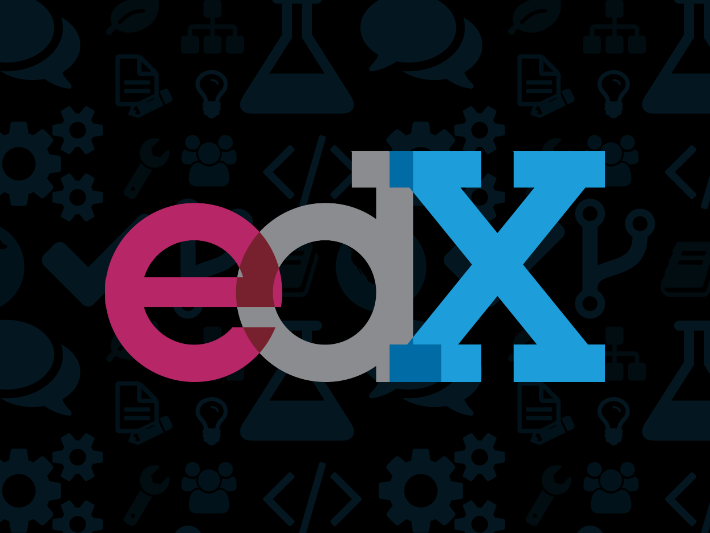edX has seen rapid growth and significant contributions from universities, organizations, corporations, and people around the globe. And just one look at the developer community for Open edX and it is easy to see there is a wealth of support behind this project.
History
Founded in May of 2012 as a joint venture between Harvard University and MIT, edX is dedicated to an open source vision for the future of education. edX is an advanced e-learning platform that is simultaneously interactive and compelling for students to use and easy and fast for instructors to develop courses on. In just two years, this organization has gone from an idea to working with partners in universities, corporations and nations around the globe to teach more than 2 million students.
Participants
Universities, organizations, corporations, and individual contributors are getting behind the edX project. This includes:
- Stanford University
- MIT
- The University of Queensland
- Tsinghua University
- UC Berkeley
- Harvard University
- the xConsortium
- and many others
Currently, edX offers over 150 courses, includes a faculty and staff of more than 400 people, and has presented in excess of 100,000 certificates of completion. This is a great start and edX continues to build on these successes. If you would like to contribute to this project, you can find more information on the edX website, Github repository, or in the #edx-code IRC channel on Freenode.
Technology
Most of the tools developed for edX use Python, Ruby and NodeJS. The code is being made available under an AGPL license and can be found in the various Github repositories for each project. This includes:
- edx-platform: the main repository which includes the authoring tool, Studio, and the LMS
- Configuration: user friendly setup and customization of an Open edX platform
- XBlock: a component architecture for creating courseware modules
- edx-ora (Open Response Assessor): allows for the assessment of open response problems
- CS Comments Service: independent comment system designed for education-aimed discussions
- CodeJail: provides a secure environment for executing untrusted code submissions
- XQueue: matches assignments submitted by the LMS with the appropriate checker, then returns the grade assigned by the checker
- XServer: accepts student code and runs it using courseware checkers
- notifier: sends alerts when forums and other course components are updated
The two main components of edX are the LMS which is what the students interact with mostly and the Studio which is what the instructors use to develop the courses. Both tools are well designed and easy to use.
Roadmap
One look at the Open edX Public Product Roadmap and you can see there’s a lot going on with this project. It is actually very easy to setup and run your own instance of Open edX, like our sandbox version here.
There are four themes that all these projects fall into. Some of them help make it easier for faculty to create courses while increasing the ability to implement interactive and creative elements within the course. Other projects focus on things like A/B testing for researchers interested in exploring design questions and learning outcomes. There are also projects focused on providing certifications and credentials to students that will help them get better jobs or earn college credits. Lastly, there are projects specifically designed to make it easier to launch and support an Open edX installation. The roadmap is further divided into projects within each of the components of Open edX: Studio, LMS, XBlock, Open Response Assessor, Platform, edx.org website, Research, Analytics, Discussion forums, Blades, and DevOps.
Outlook
With the move toward internet based learning management systems like MOOCs and the various other forms of online learning, it seems clear that the education sector is ripe for innovation. At the very least, corporate learning has seen a significant shift in recent years and will continue to move toward a more decentralized and time-shifted model. Companies and individuals are seeing the benefits that come with receiving their education online. Students can be located anywhere in the world and work with educators also located anywhere on the globe. Furthermore, a student can attend to their studies between work shifts and while taking care of their families.
As these trends continue to grow, edX is poised to offer an open source solution to online education. The open nature of this project makes it easy for an early adopter to experiment with and contribute to the creation of this system, making widespread implementation more likely.



